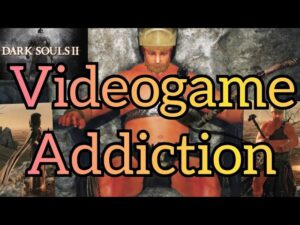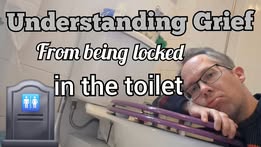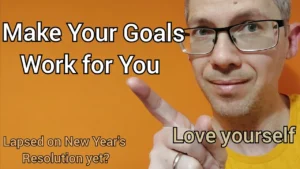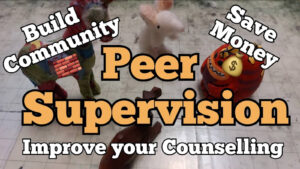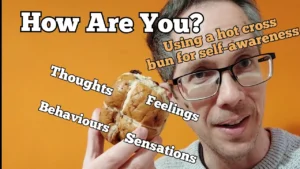Couch to 5k (C25K)
Couch to 5k (C25K) is a running plan that I’ve been doing through an app over the last five weeks or so, and I recently hit the half-way point. The plan is designed to help a sedentary person to improve their stamina until they can run for half an hour (and so working towards running 5km). It does this by getting us to do three 30-minute exercise routines a week which combine periods of running with periods of walking – the first week being literally 1 minute of running in intervals.
This article looks at some of the therapeutic lessons I have learnt through doing this course.
Although the content of this article speaks about running, I encourage you to use running as an analogy. I ask some questions to consider at the end of each point. You may want to consider an area of your life you would like to see improvement in to see if you can apply these points to that area.
Contents
1. Don't Compare Yourself to Others
I don’t know about you, but I know plenty of people who seem to have run long-distance races and my longest run is 8 minutes. There can be a temptation to compare ourselves to others based on their accomplishments, and I find that when I do that it can almost invalidate my progress. Recognise that the people who we compare ourselves to also started somewhere, and our social media feeds will skew our exposure to the point that we can imagine everyone is vastly more competent than us when it’s just a couple of people celebrating their accomplishments. Also acknowledge that people have different circumstances – sticking with the running analogy – others may have different body types, more free time, fewer child-care needs, can afford the best running gear, or don’t live on a hill etc.
Is comparing yourself to other people stopping you from celebrating your progress? Is your comparison realistic, or are you comparing yourself to someone who is incredibly successful in that area? What would it feel like to drop that comparison and just work on you?
2. Compare Yourself to Others (Trust the Process)
The NHS C25K has over 1 million Downloads, and this plan has been researched and followed by millions of novice runners. My next run is 20 minutes long and I feel unsure of myself because that’s two and a half times longer than my longest run so far. When I doubt myself, I remind myself to Trust the Process and maybe, if it’s worked for millions of other people, it can work for me. Automatic Negative Thoughts such as: ‘I’m not good enough, but my circumstances are X, it’s too hard’ can try and rob me of the belief that I can get through this, and sometimes trusting a plan/treatment/course can help us to get through a situation from the encouragement that if it can work for others, it can work for us. Trust The Process is a phrase that’s often used in counselling work. As a Person-Centred Counsellor, I believe and have witnessed that if I can offer a space, then a client will feel valued and understood within, then they can start to discover their inner growth and unique change. Sometimes I can want to perform, or force change, but I need to remind myself to trust that my clients have that change within them and can discover it for themselves which brings me on to my next point.
Can you trust the process when self-doubts try to tell you that you’re the exception? Can you imagine the hope of what a future you might look like? Can you submit to a plan or process even when you are unsure of how it might work for you personally?
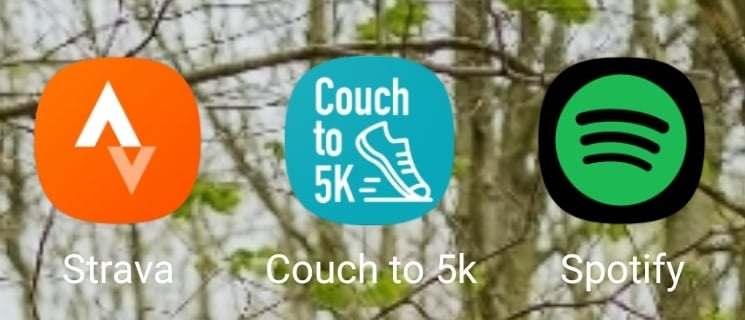
3. You Can’t Force Yourself
I have a belief that I cannot force anyone to do anything. Let’s stick with this running analogy; if I force you to do C25K you might do it for a week or so but eventually get tired of the effort running ‘for me’ and stop. Either that, or you’ll do it, but feel resentful at being made to. I believe this in other areas of life and with the changes we can discover within us from counselling. I don’t believe that simply reading a bit of self-help online or following someone’s advice will change me. I need to want that advice, to digest it, or even better – to discover it within myself.
In Person-Centred Counselling we talk about the Actualising Tendency – a belief in our inner drive to better ourselves that sometimes can get a bit blocked but is constantly progressing us. When I’m trusting my inner capability to move in the direction I am meant to, I feel a sense of flow, and that sense of flow from my inner-most being feels very different to moving in a direction from pressure from others or what I ‘ought’ to do. One of the reasons I started C25K was because counselling is quite a sedentary job, and someone pointed out that I was putting on weight. Starting running was then hard because it was motivated by guilt, my idea of other’s perceptions of me, and obligation. It may have got me on my first run, but what kept me going was it becoming part of my flow. I started to enjoy it, to feel achievement from the progress, the companionship of the coach and the enjoyment of the time out in nature. When I was operating under obligation it felt hard to schedule in an hour to run and stretch, but now that I’m operating from flow – from it being my idea to continue it – I find I’m looking up articles on running and naturally scheduling in those hours. When we can move from guilt and obligation to self-discovery and flow, those things that feel like tasks move to ease.
Are you trying to force someone else to change, and, if so, what feelings does that bring up? Do you have expectations for yourself that feel like obligations you resist? What would life look like if you could access your flow rather than force?
4. Self Compassion
I joined the “Couch to 5k UK” Facebook Group and lots of people comment on there about having a bad run, struggling in new conditions or with an injury, or not being able to progress at the rate the plan does. I find myself asking the same question: “Why did you start the course?” and pretty much every user says something like ‘to get healthier’. Unless the person’s goal is “I want to run for half an hour in exactly 9 weeks” my reply is “then you’re doing just fine” because it was never getting through the plan on time that drew them, but rather to exercise more. If we have expectations for ourselves that we don’t quite meet, it can be easy to be our own worst critic and pressure ourselves, but like I said in the last point we can’t force ourselves and that critical blame can block us more than simply acknowledging ‘we didn’t have the ideal run today, but we can try again next time/tomorrow. We can do this with other areas of our lives – setting goals, targets, or laws for ourselves that can be helpful to motivate us, but this can also lead us to criticise ourselves and feel a guilt for not meeting these arbitrary self-expectations. Instead, we can practise self-compassion and empathy when we struggle, just like you might for another person who is struggling but trying their best.
What might it look like to practise self-compassion and empathy? Are your expectations for yourself different to your expectations for others? Are there rules you’ve got caught up in that have distracted you from your original values or goals?
5. One Run at a Time
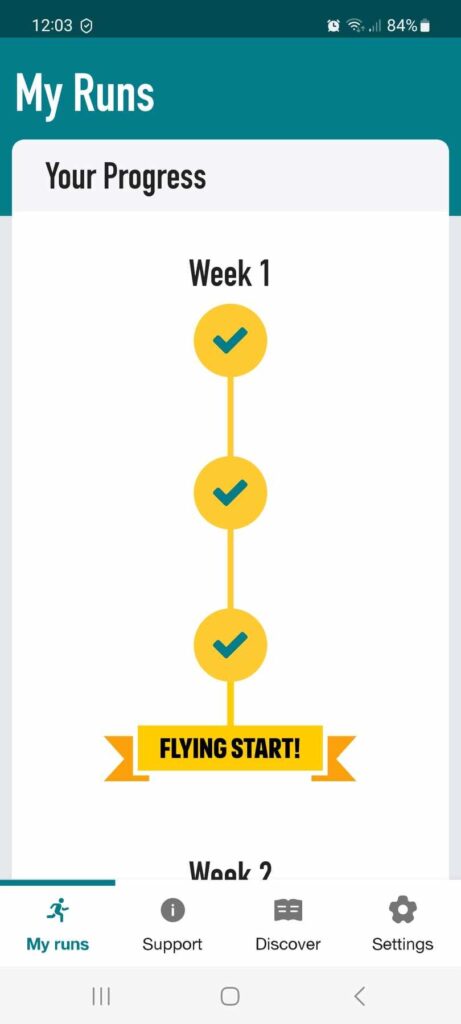
The program gets incrementally harder, and I found myself reading ahead on the plan and saying “in 4 weeks I have to run for half an hour” which was too far ahead and can add to those unrealistic expectations that can create disappointment, self-blame, or a fear about if we are good enough for something we haven’t trained for yet. There’s something about taking each day as it comes, with a faith that in the future you will be ready for that harder challenge. This is one of the reasons Mindfulness Meditation can be so powerful; it gives us chance to be in the moment rather than focussed on something we are not prepared for in the future. Taking things, a day at a time can also break big tasks down and help us if we are procrastinating because a task feels too large or intimidating.
What would it look like to be more in-the-moment for you? Do you find you put things off because the concept of it is too overwhelming?
5. One Run at a Time

The program gets incrementally harder, and I found myself reading ahead on the plan and saying “in 4 weeks I have to run for half an hour” which was too far ahead and can add to those unrealistic expectations that can create disappointment, self-blame, or a fear about if we are good enough for something we haven’t trained for yet. There’s something about taking each day as it comes, with a faith that in the future you will be ready for that harder challenge. This is one of the reasons Mindfulness Meditation can be so powerful; it gives us chance to be in the moment rather than focussed on something we are not prepared for in the future. Taking things, a day at a time can also break big tasks down and help us if we are procrastinating because a task feels too large or intimidating.
What would it look like to be more in-the-moment for you? Do you find you put things off because the concept of it is too overwhelming?
6. Encouragement
Before doing C25K I ran with a stopwatch and gave up after a month. One of the things that has made using the C25K app easier than doing it on my own is Reece Parkinson’s voice cheering me on, encouraging me, letting me know when I’m close to the end, or self-disclosing his own struggles and progress. We are social creatures and thrive when there are others in our life that support and encourage us to progress at a pace that is appropriate for us.
What support do you have around you? Who encourages you when you’re struggling? Does your encourager feel authentic and as though they understand you, and if this need isn’t being met, where could you find this encouragement?
7. Looking Back at our Progress
It can be very natural to look forward, whereas pausing for reflection and gratitude towards our progress can feel less natural and almost like a discipline. Gratitude and reflection can aid most of the previously mentioned points: when 8 minutes feels insignificant, I’m reminded there was a point when 1 minute felt like a lot. I can see that I’ve progressed through the course and have faith for the future. When the steps feel unattainable, I’m encouraged when I realise what I’ve achieved. If we just focus on lists, deadlines, or goals we can find ourselves deficit-orientated and become aware and focused on what we are lacking. When we are grateful for what we have and what we have accomplished we can congratulate ourselves and develop self-belief for future challenges. We can also reflect on what has enabled us to progress, and how that might inform our future.
What would it look like for you to build in time for reflection or gratitude? Do you find your focus on the future sometimes subtracts from your present? What has enabled you to survive and get as far as you have in life?
8. Distraction
I have been listening to podcasts recently whilst running and found the runs easier than when I was just trying to focus on my breath or on making the next couple of minutes. Anyone who’s given a speech might realise that the more we worry about exactly what we are going to say, and how to say it, the more we can freeze up and find ourselves blocked. Having a distraction can help us cope with our difficulties by giving us a partial escape from it, and a focus on something outside of ourselves and the areas we struggle with. As a counsellor, I find it interesting to know what people do to relax in the midst of what they are going through; what media, fantasy or escape is serving them to distract from the situation they are going through and taking them to a different place.
Planning and looking at ourselves can be helpful, but do you find you are too focused on your situation? What might a distraction or an escape look like for you? What needs are being met in your distractions?
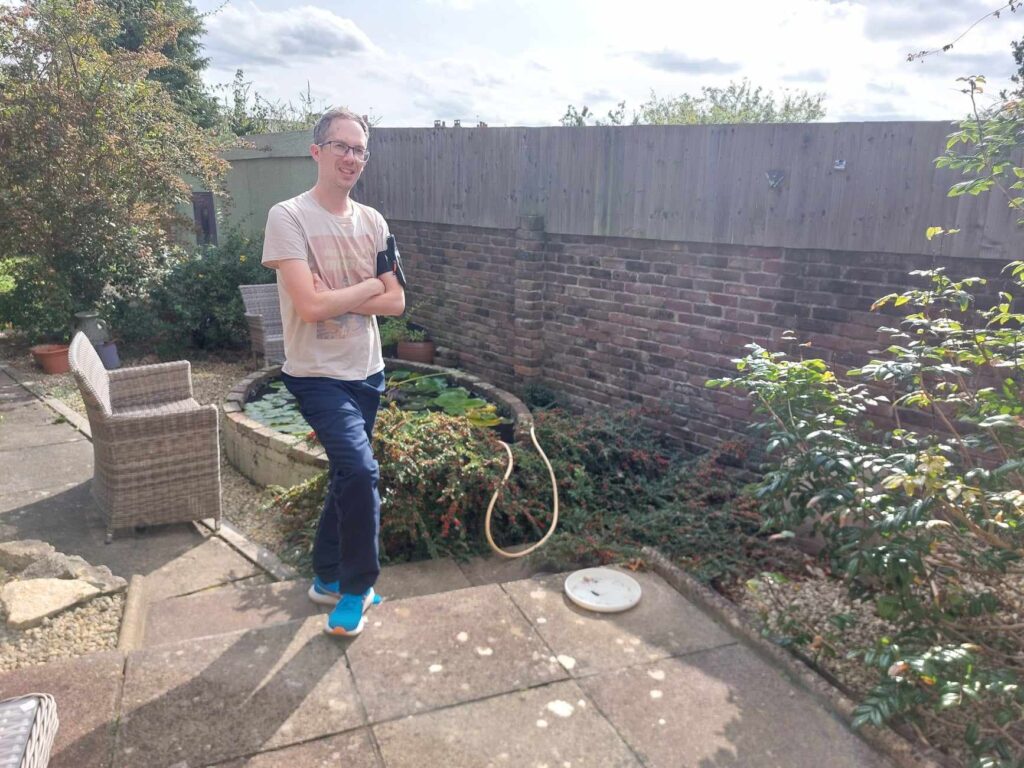
9. Don’t Panic; Catch Your Breath, and Rest
As mentioned in point 8, when I focus on losing a breathing routine or on how tired my legs or lungs are I find it really interferes with my running. Focusing on the struggle within the situation too hard can create a panic that can make us want to stop. Dr Dan Siegal described a concept called the Window of Tolerance when we are discussing things that can be triggering in therapy. We want an optimal level of arousal where we are not overstimulated and panicked, nor under stimulated and distant from our experience, by being aware when we reach that place of feeling dysregulated. Using the C25K analogy, when I am starting to lose my breath and panic, I realise that I need to slow down to a snail’s pace, then perhaps when I’ve reached the top of an incline and caught my breath I might speed up a bit – listening to the struggle in the breath to moderate pace in a similar way to we can listen to the hyper or hypo arousal in our body & feelings to moderate our pace in therapy.
Intervals:
As mentioned in the intro, the plan builds stamina by mixing periods of running with walking. Just like the slowing to catch my breath, periods of extended fast walking aren’t as fast, but are vital for building up stamina. Likewise, it’s unrealistic to expect ourselves to be constantly productive in areas of our life and operate at a constant rate of high productivity. We will have periods of intensity, and periods of movement at a slower pace (just like in writing this article, I have come back to it over a few days with periods of flow and other periods where it’s felt like just moving slowly).
Rest
The plan asks you to do three runs with at least a day between them. When we rest, our body repairs itself, fights off invaders, and the muscles we are training begin to grow. If we just exercised and weren’t purposeful with building in time to rest, we would burn out or injure ourselves.
How can you create more awareness when you are not within your optimal level of arousal? Can you change your expectations to allow periods of intense and less intense progress? What does rest look like from your situation and how can you schedule it in?
10. Invest
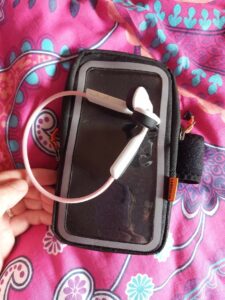
For me, investment in C25K looked like downloading certain apps, and buying some trainers & headphones. When we are looking to progress in something, we invest in it: our time, money, passions, conversations. Investing in one thing also means we have less capacity to invest in others. There is also a risk that, in investing in an area we want to grow in (e.g. I wondered if I was going to stick at C25K or if spending would be a waste on a fad. Buying new trainers on the second week was a committment to the process for me).
What area of your life would you like to see growth in? What would it look like for you to invest in it in a way that is meaningful? What needs to change/stop/decrease for you to grow in the way you desire?
11. Labels
Point 4 talked about rules that get in the way of our values. My intention in writing this article was to share some insights from running and rules like ‘a top 10 list is more appealing than a top 11’ can get in the way so I’m breaking the label of a top 10 by doing a top 11. Likewise I have challenged some labels I had about myself by doing this such as “I’m not an active person” or “I’m not an expert enough to write an article”
Are there any labels that you or others have put on you; and can we examine, challenge, or even break them?
Conclusion
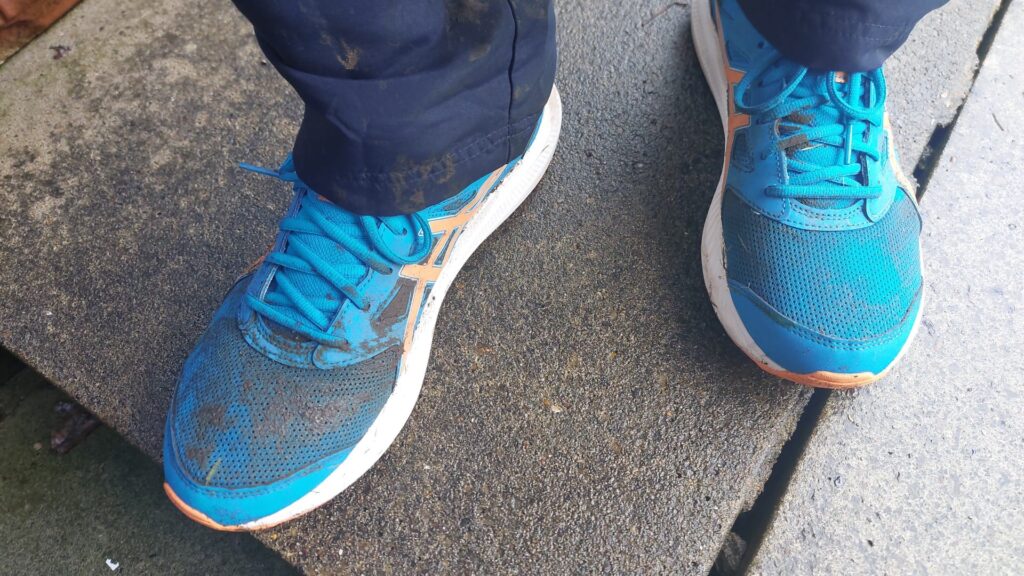
When we spend time to reflect on our journey, we can learn new lessons and writing them down or sharing them can cement them. I have used running as an analogy & hope that some of those points might give the possibility of a new reality in aspects of your life. In therapy, we can also choose to bring things such as our hobbies or the fantasies we may escape to and by examining them from a position of curiosity and openness, discover new learnings.
Simon is a Person-Centred Counsellor in Oxford working remotely and in person. He enjoys journeying with clients and watching them discover their own inner wisdom from when they are deeply heard and understood. Since publishing this article, he has reached the last week of c25k and broken that label that he somehow wasnt fit enough


